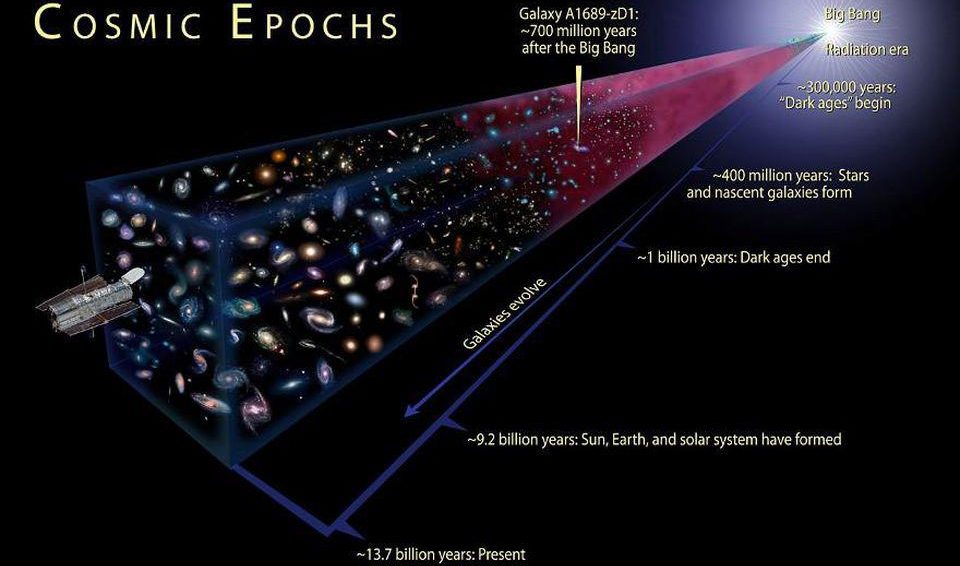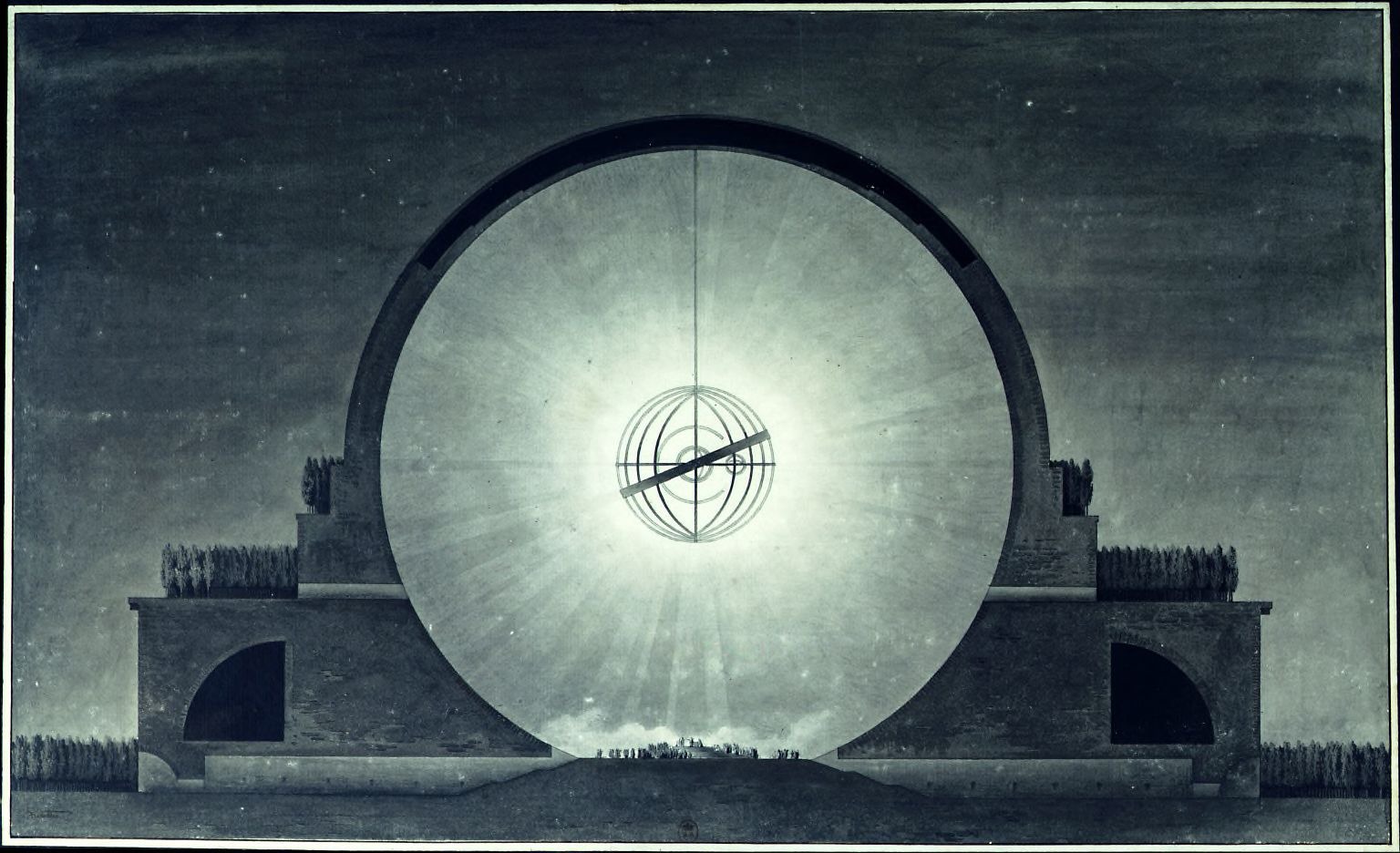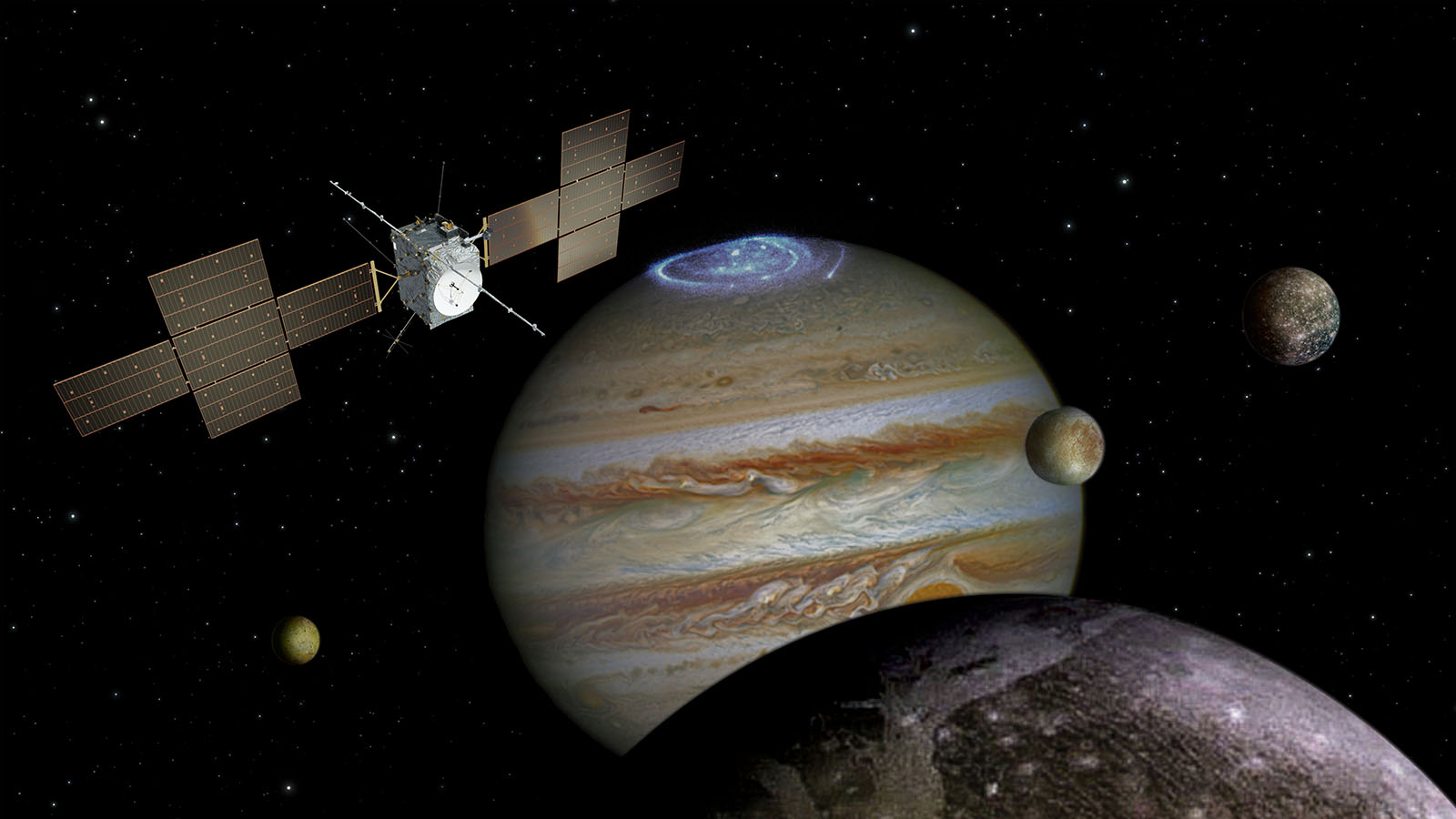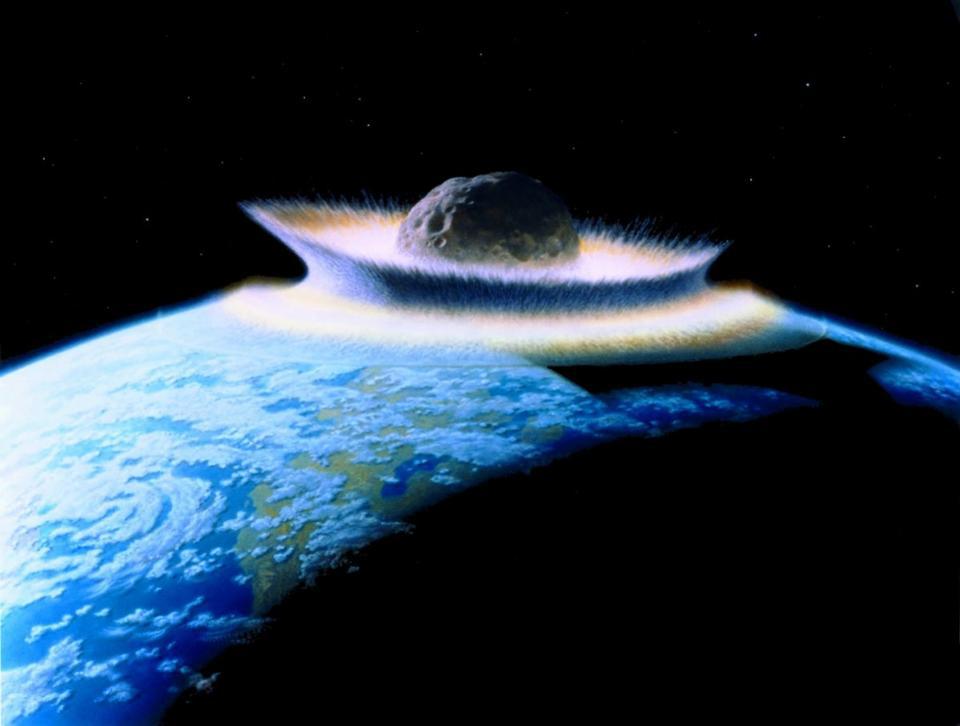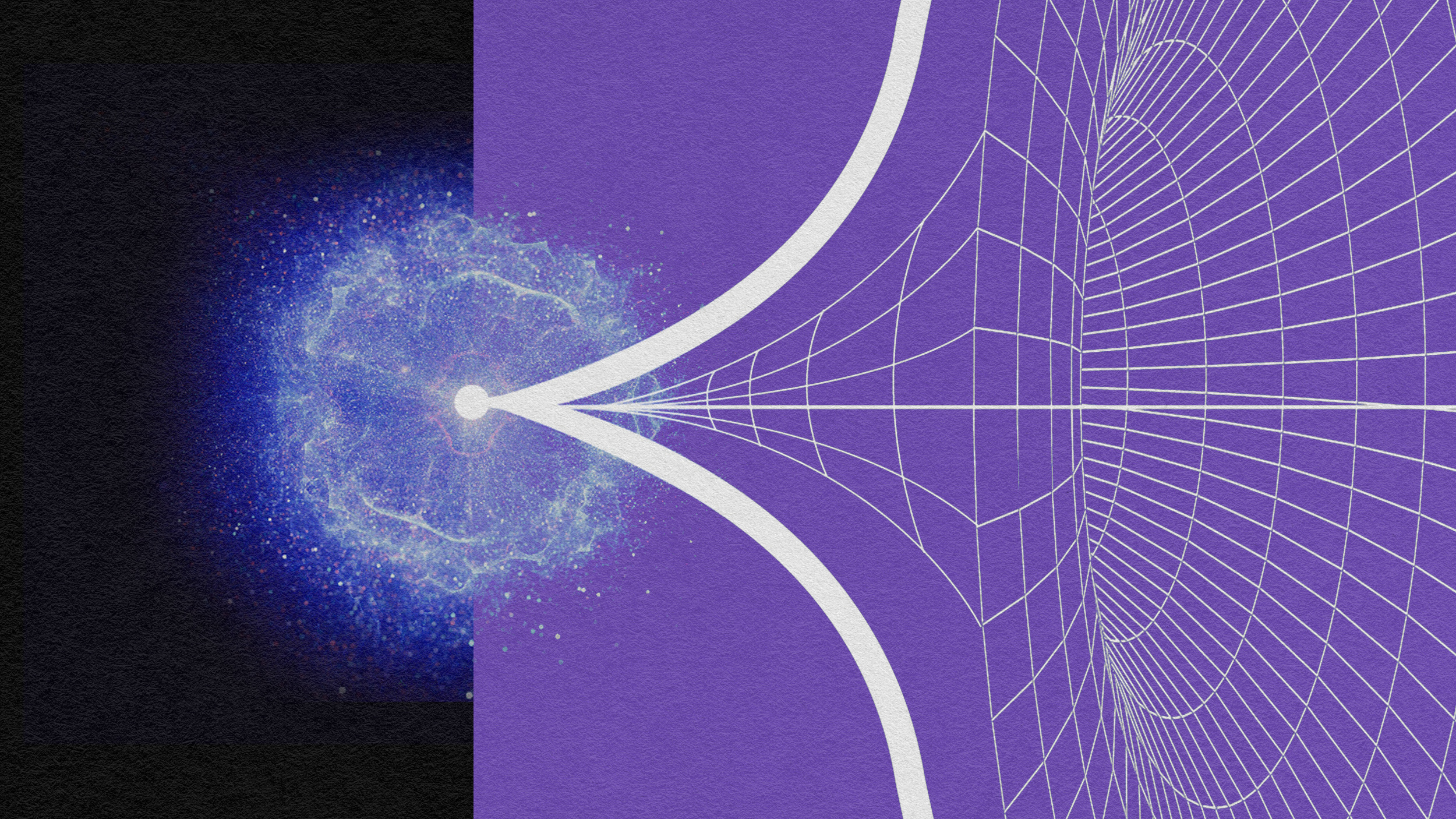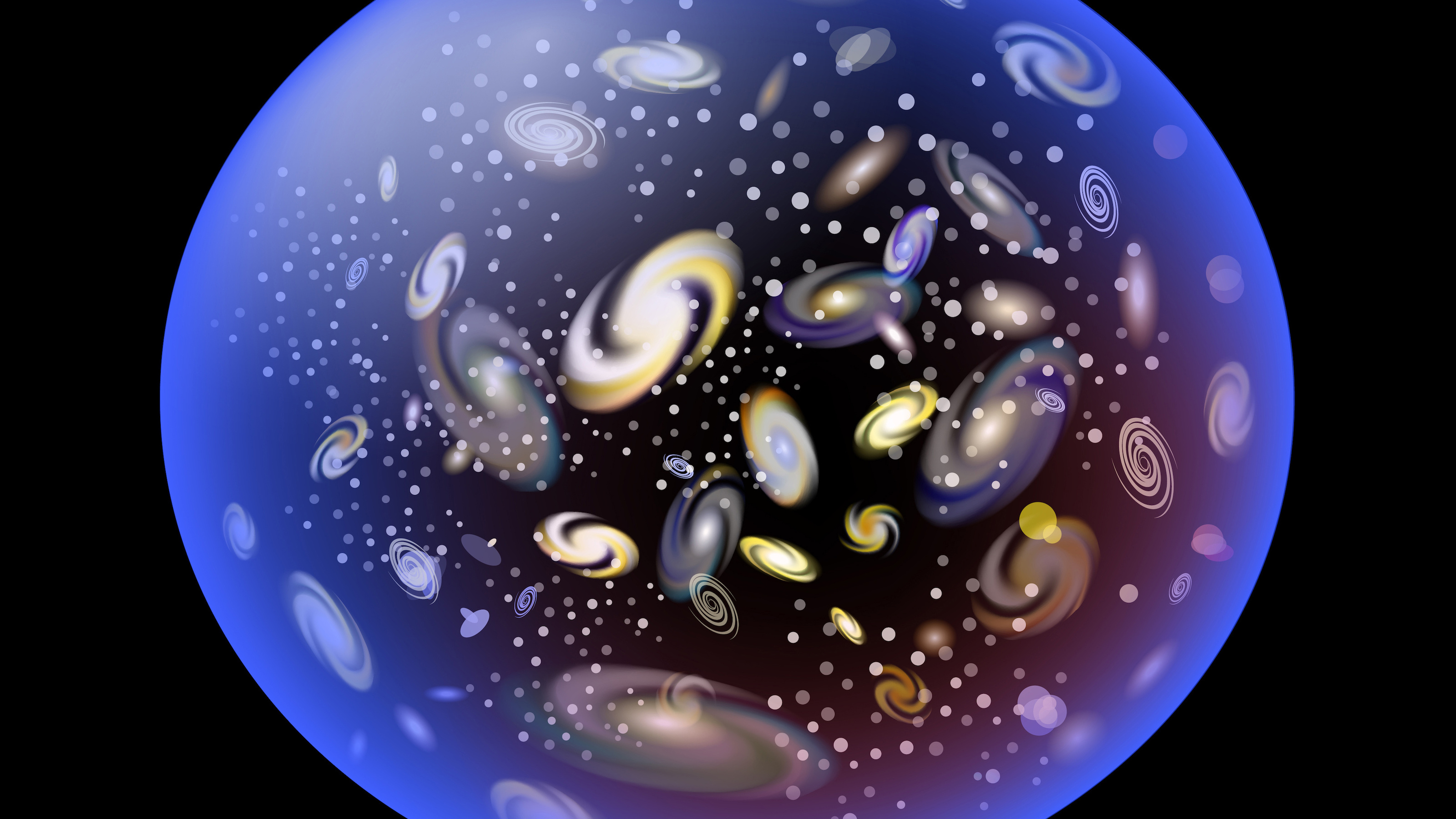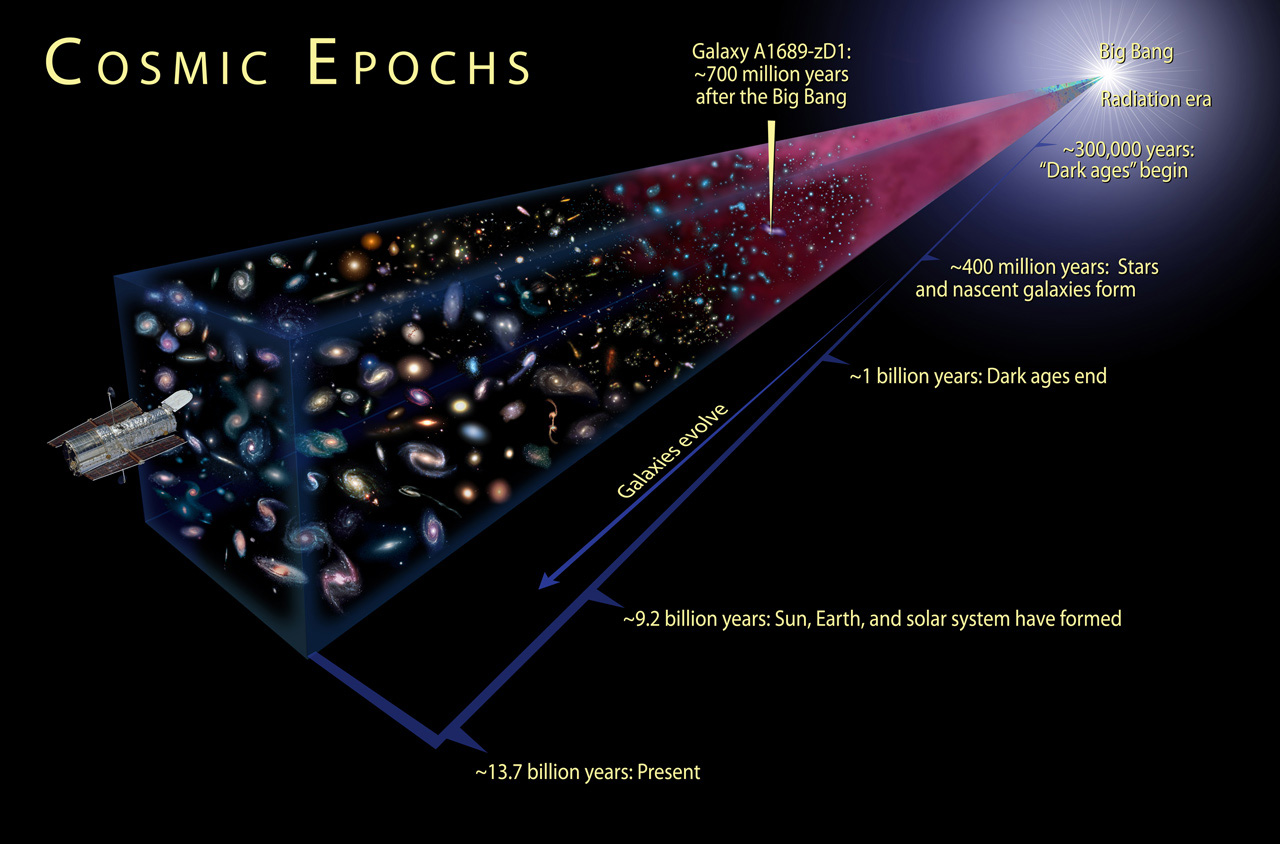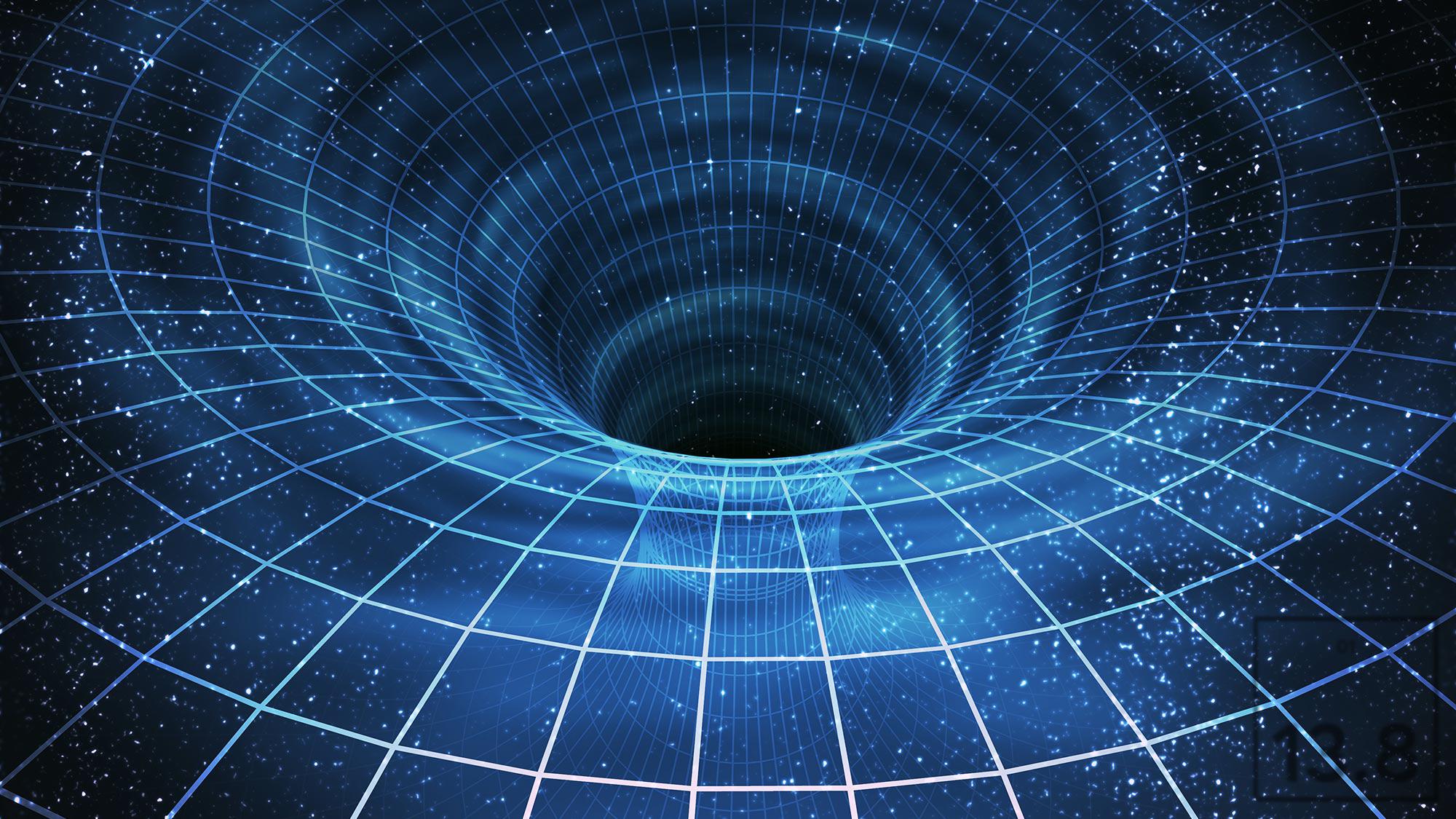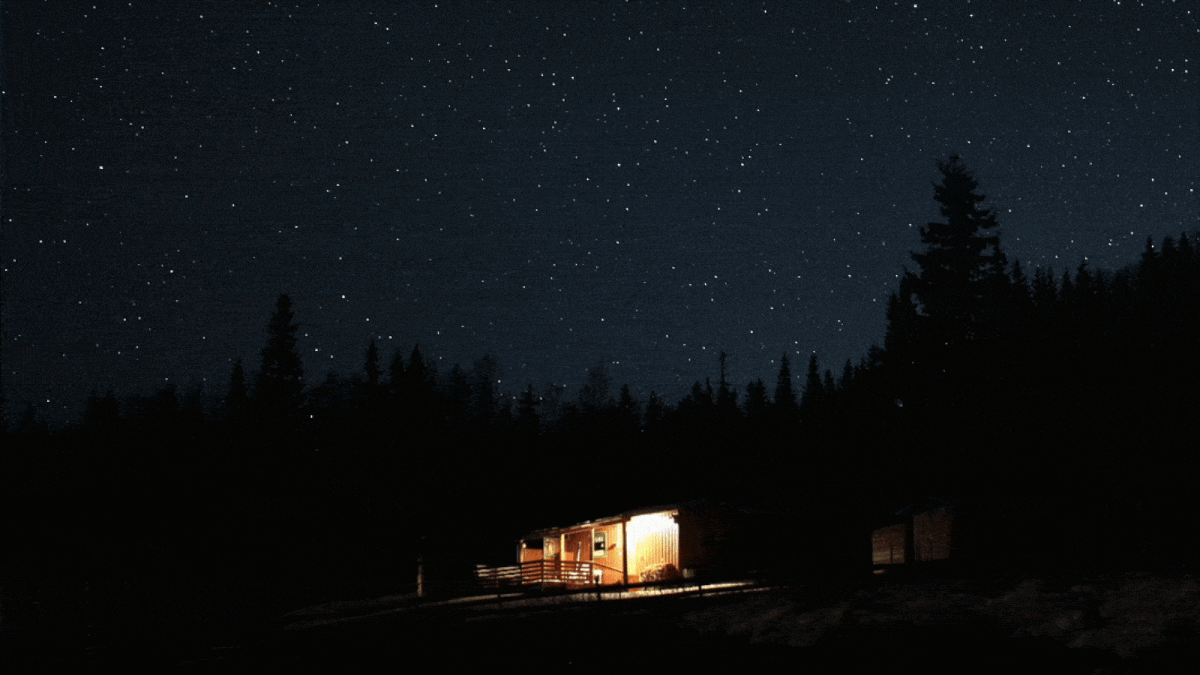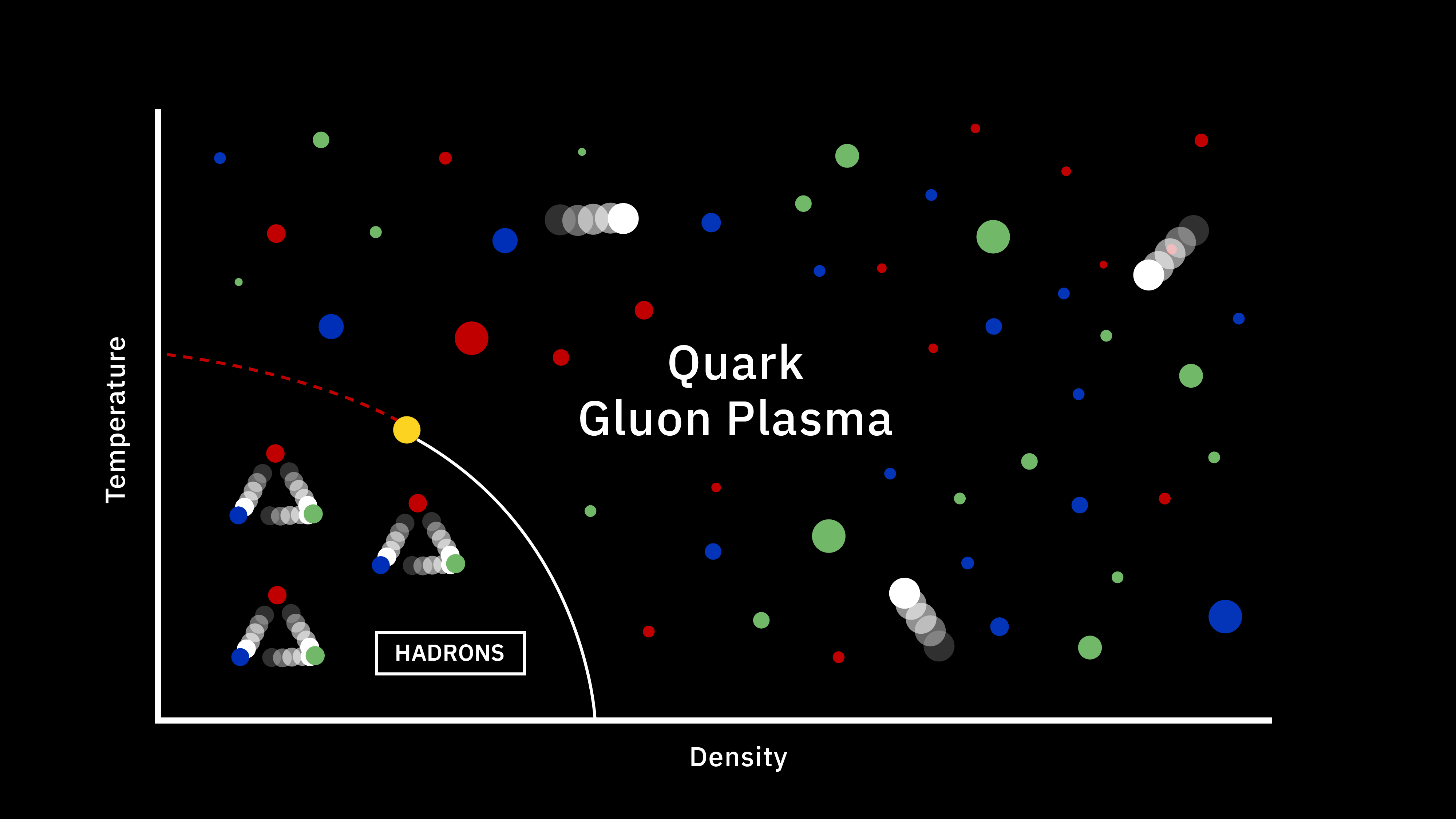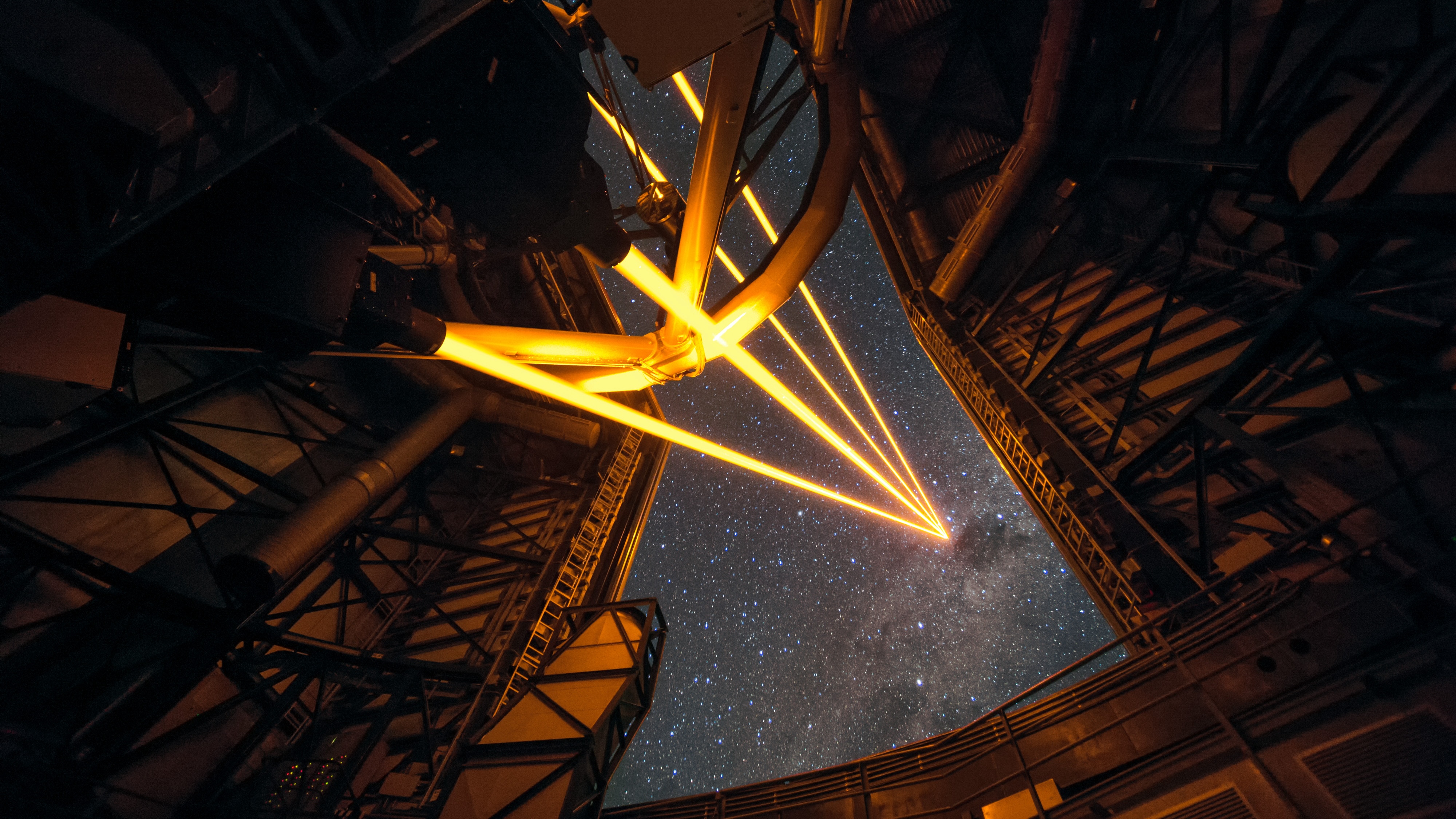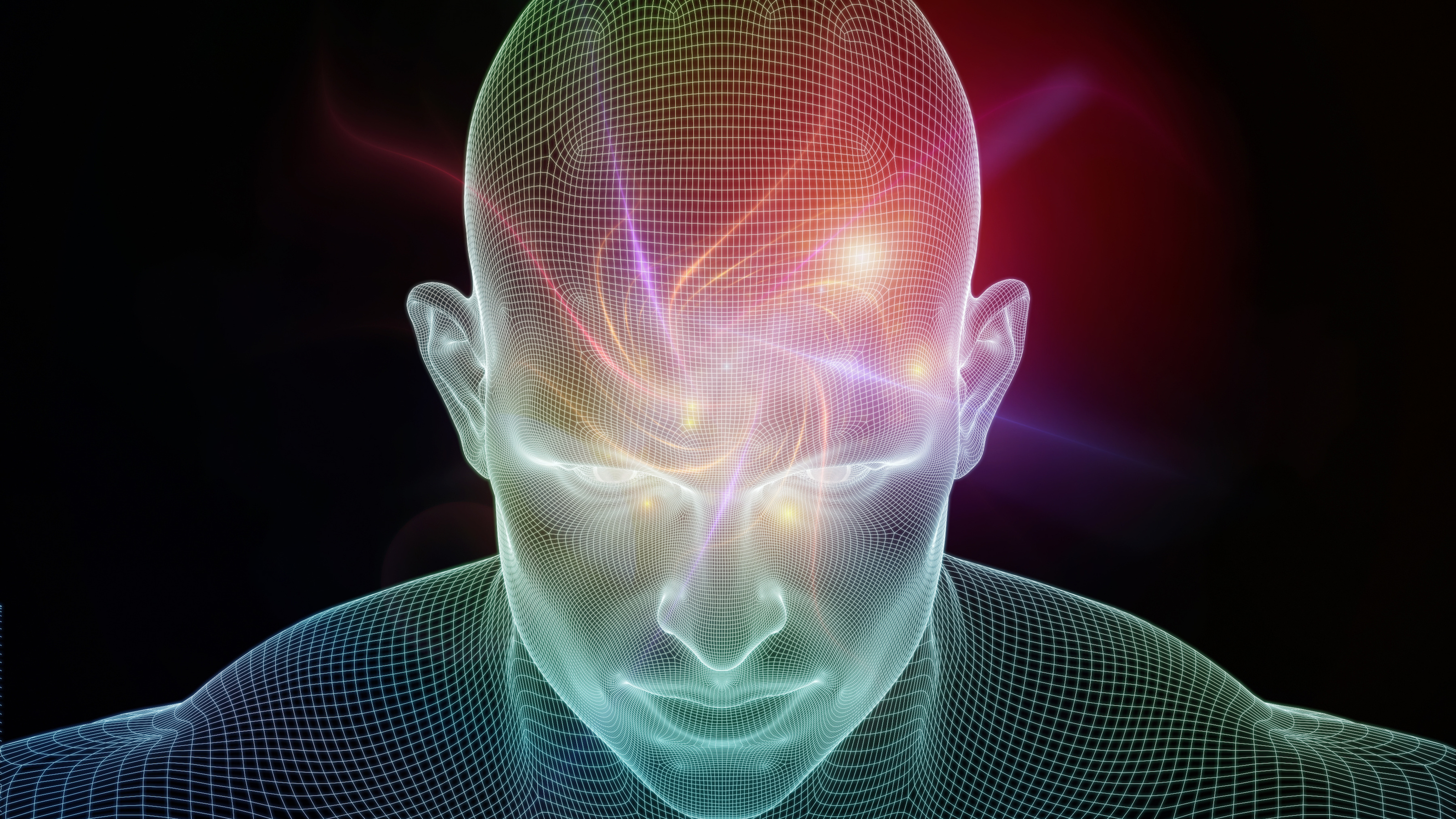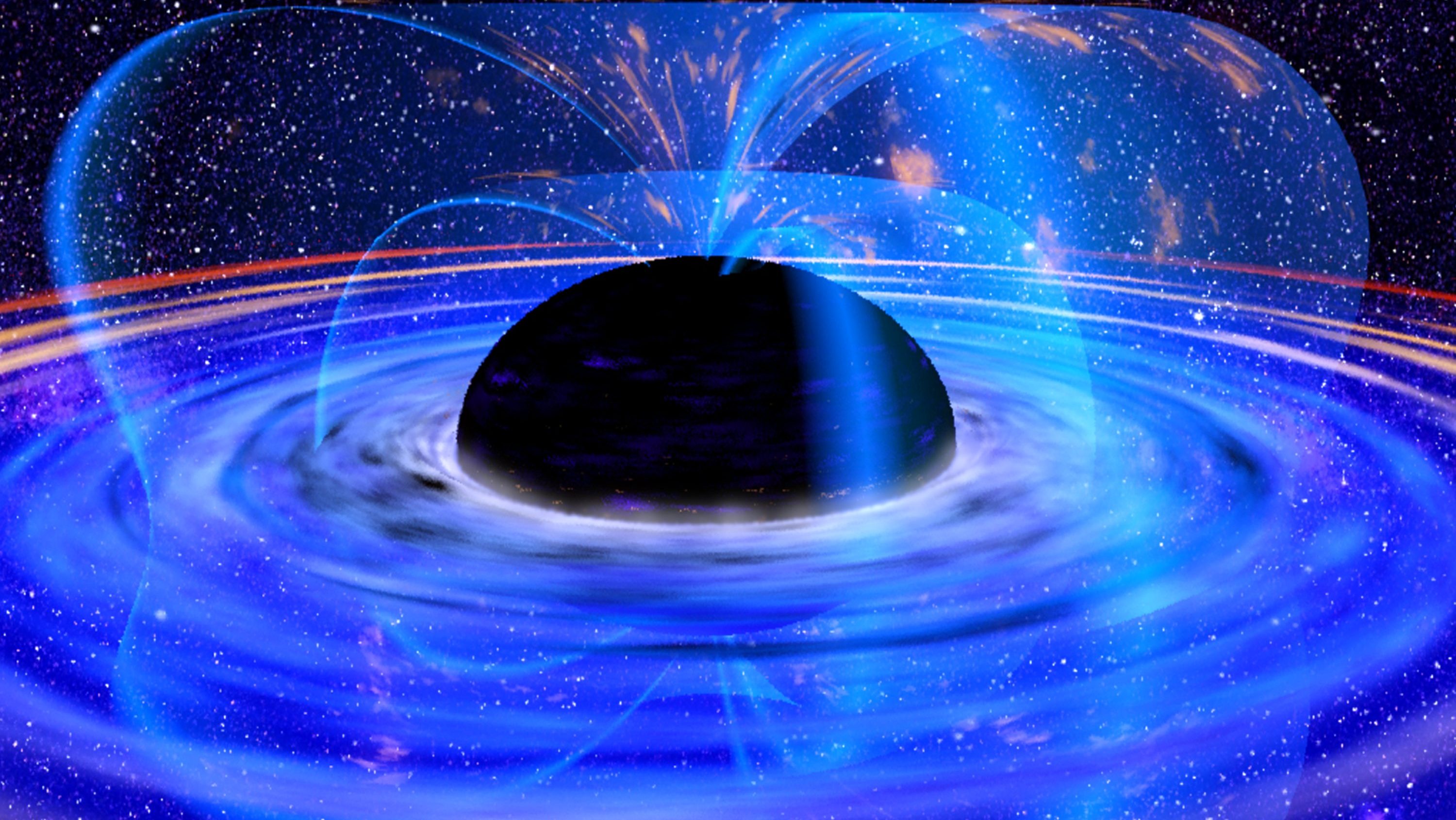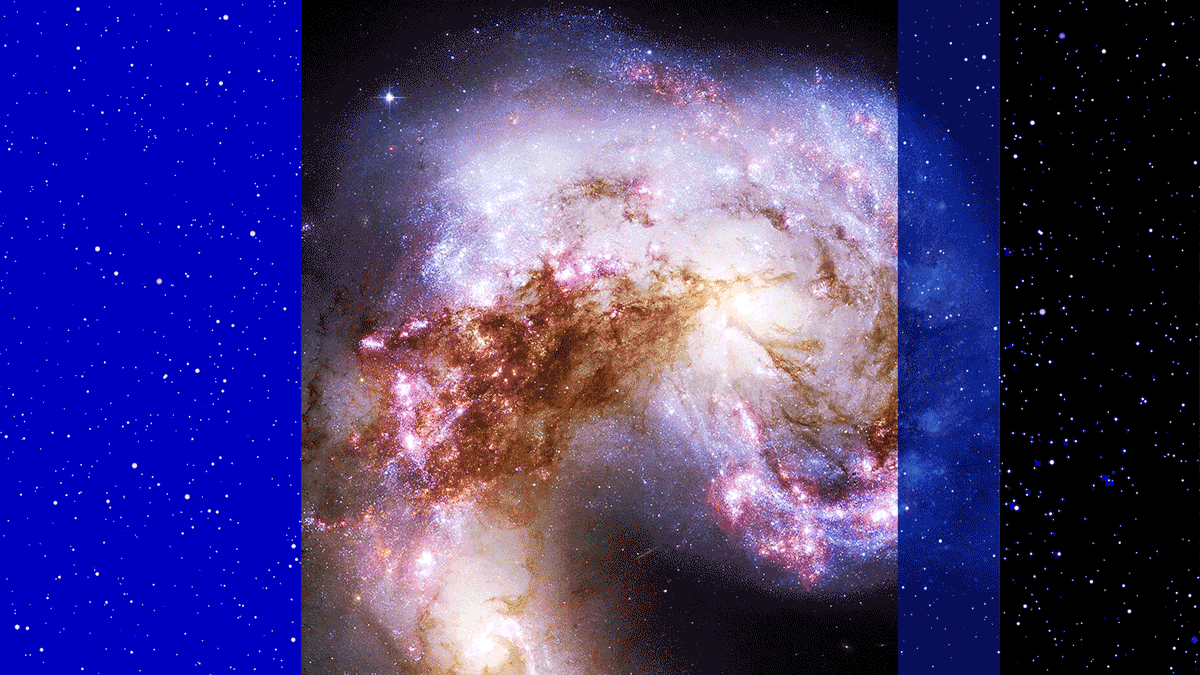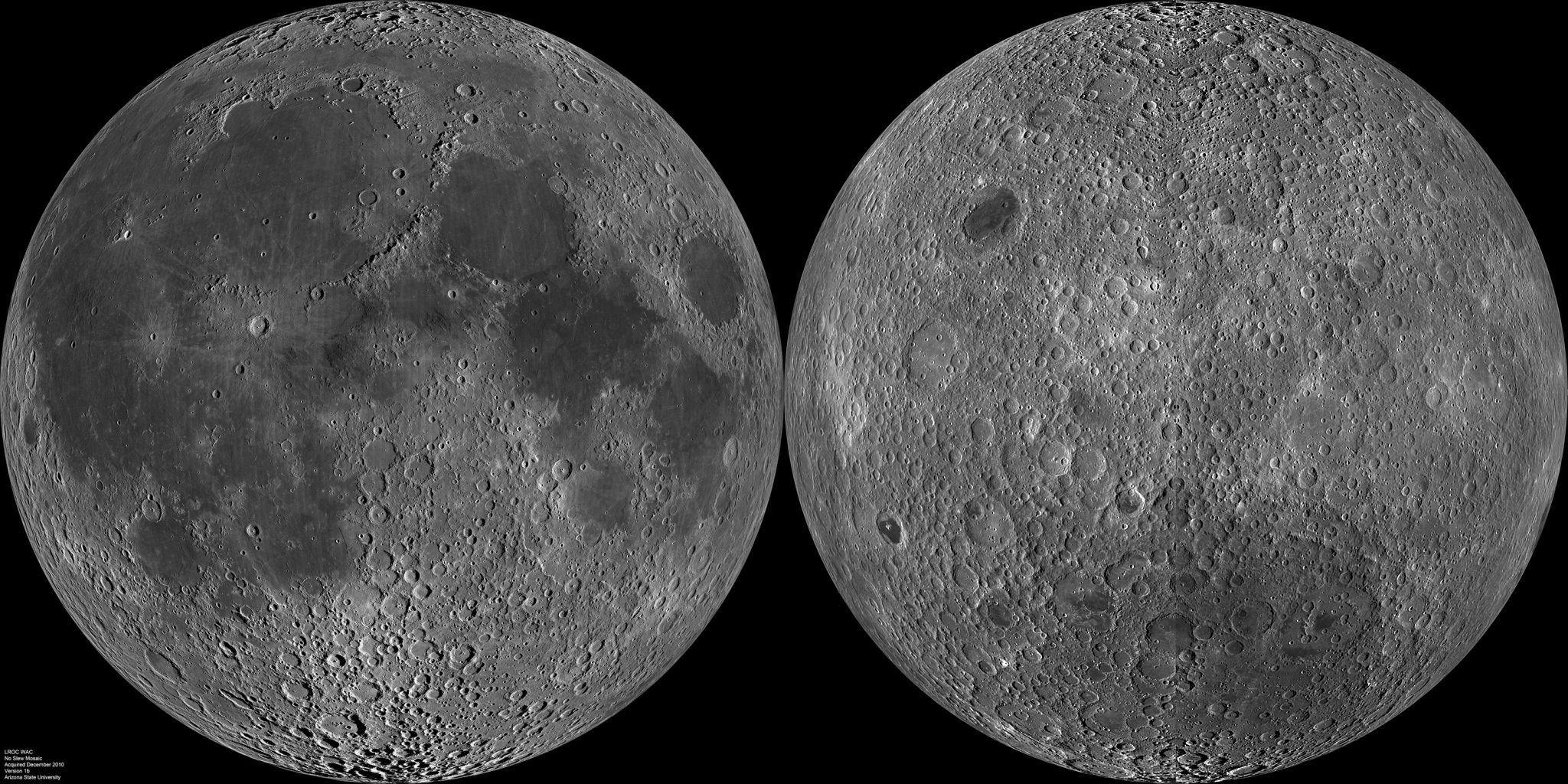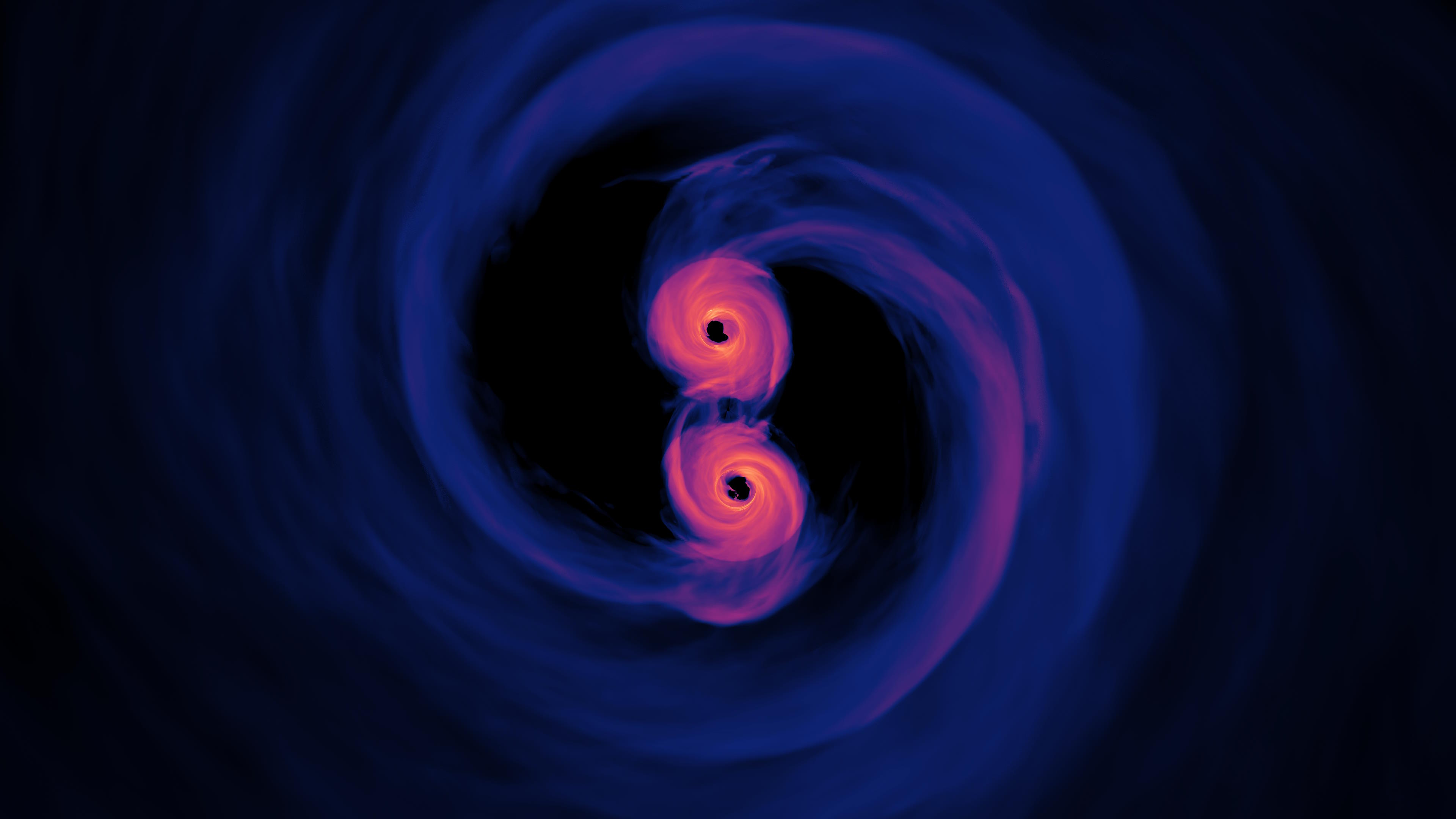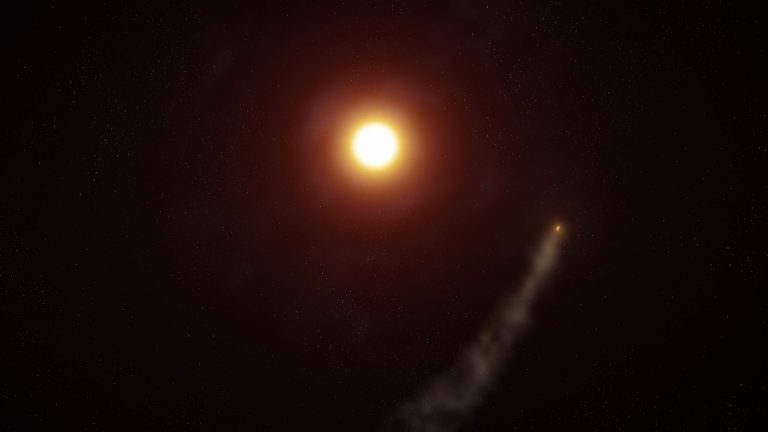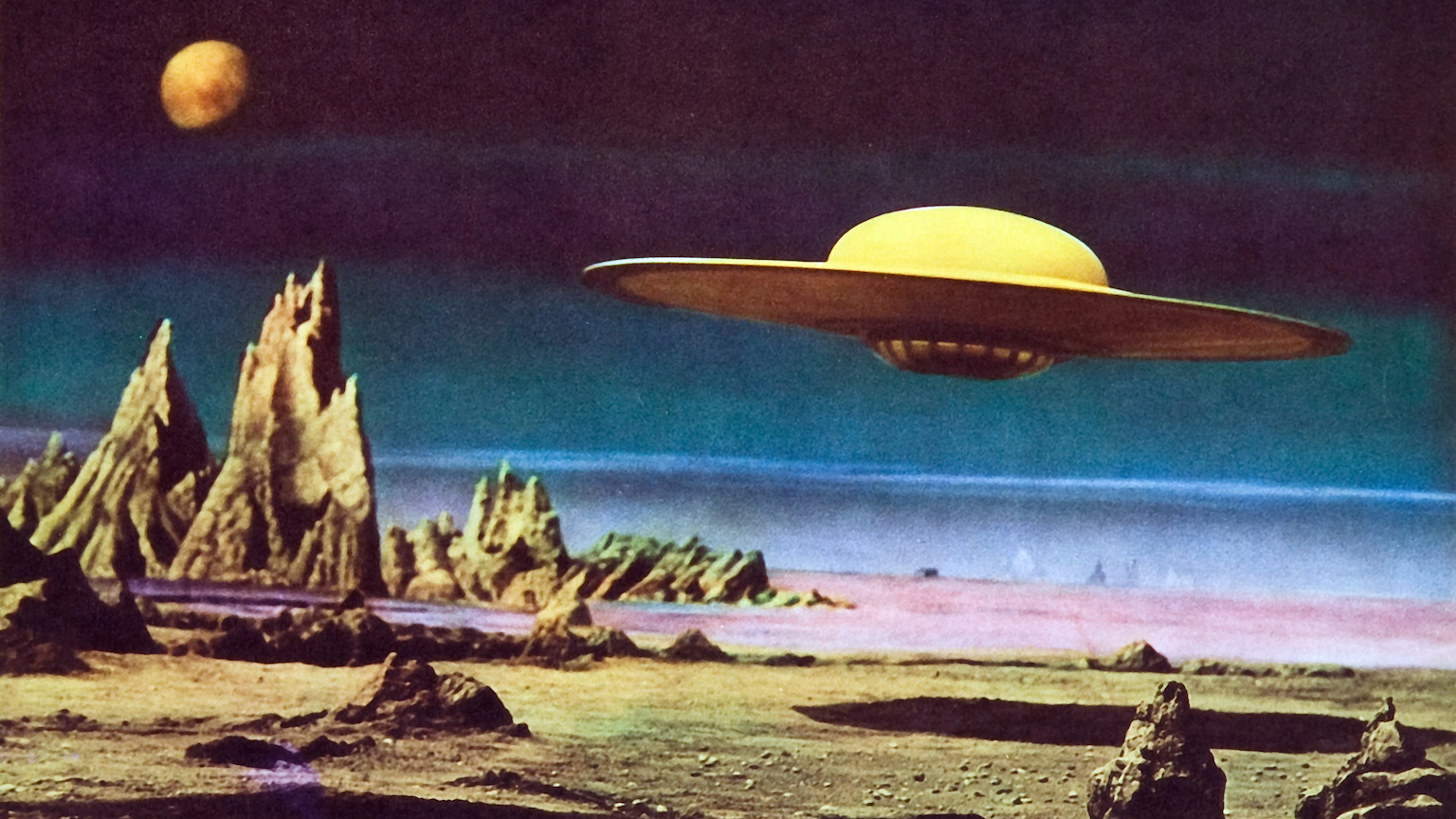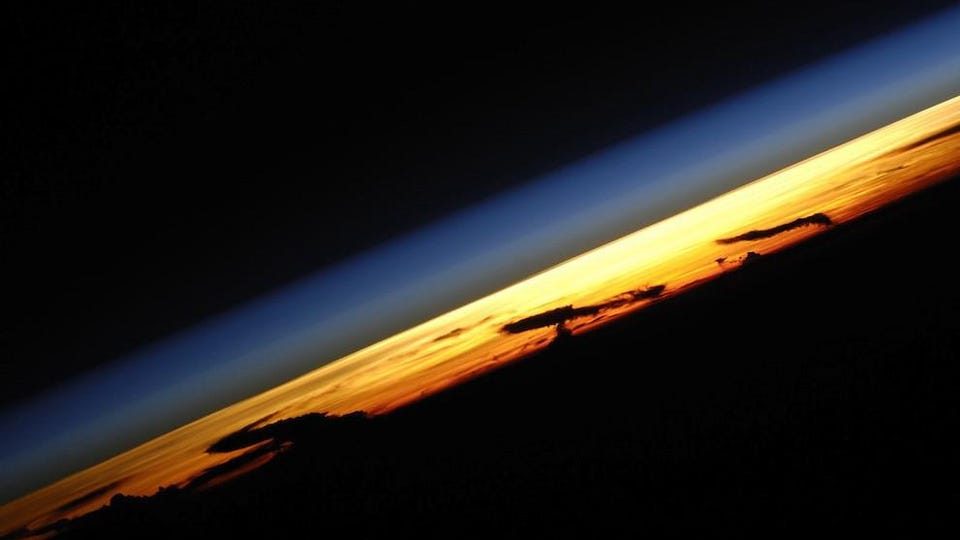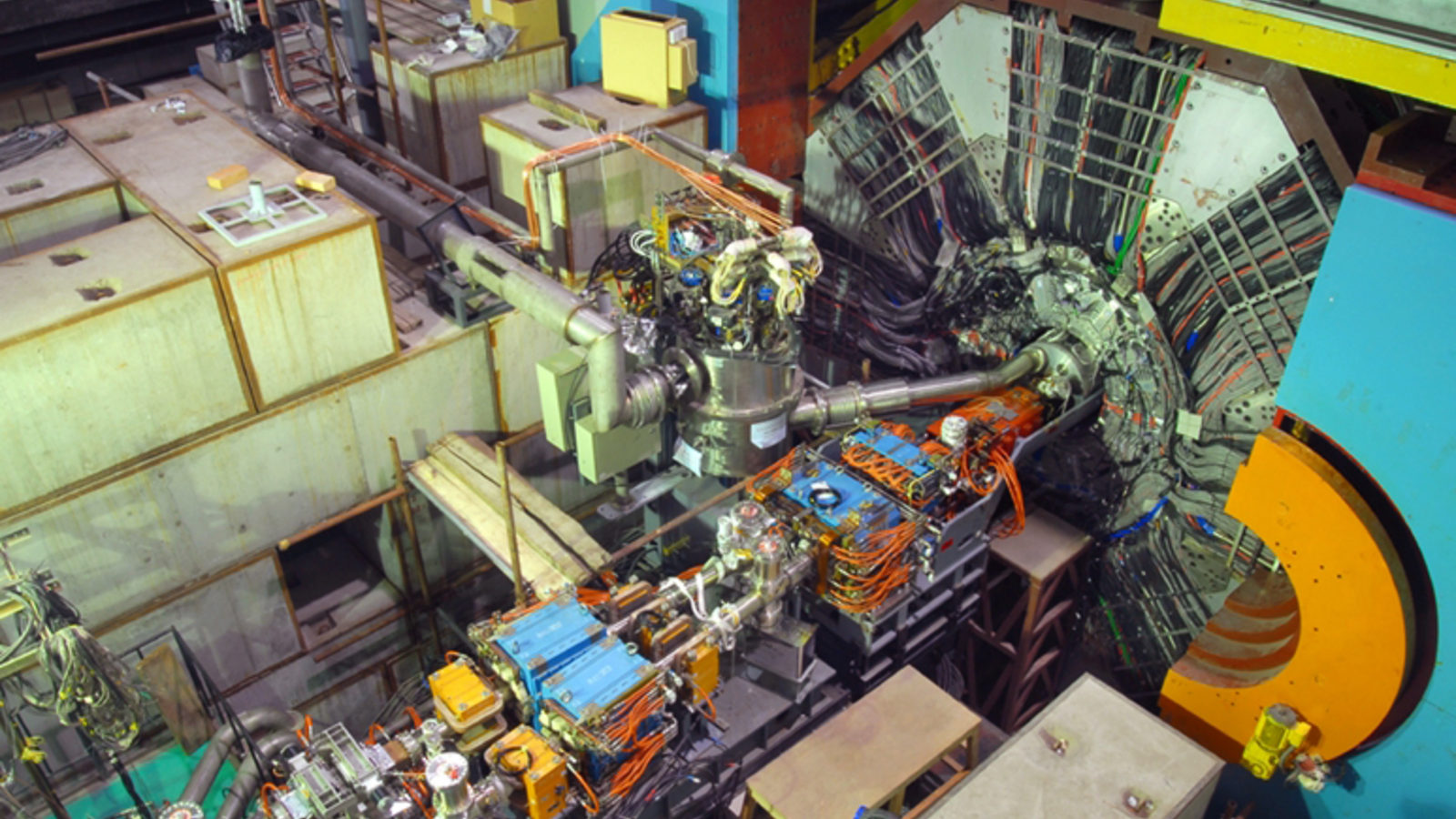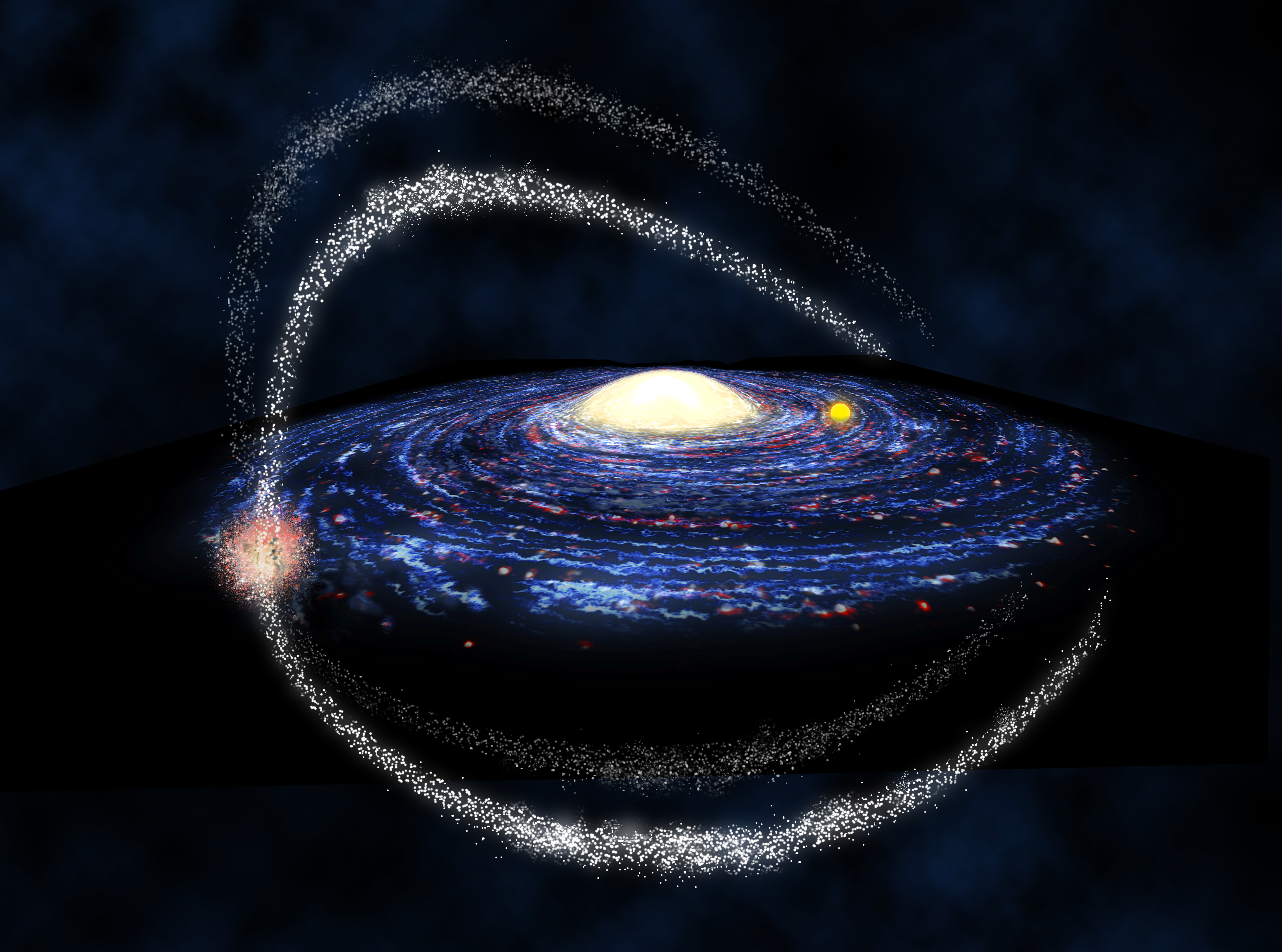The Universe is 13.8 billion years old, going back to the hot Big Bang. But was that truly the beginning, and is that truly its age?
Search Results
You searched for: gravity
Like Dua Lipa, he had to create new rules.
From the Palace of the Soviets to The Illinois, these unmade buildings would have taken the art of architecture to whole new heights.
2023 will see the launch of new rockets, the return of OSIRIS-REx, and a mission to Jupiter that could help us find extraterrestrial life.
The recently discovered Oort cloud comet, Bernardinelli–Bernstein, has the largest known nucleus: 119 km. Here’s what it could do to Earth.
If you bring too much mass or energy together in one location, you’ll inevitably create a black hole. So why didn’t the Big Bang become one?
We seem to have a “progression bias” that nudges us toward pro-relationship decisions and away from breaking up.
Even without the greatest individual scientist of all, every one of his great scientific advances would still have occurred. Eventually.
We know the Universe is expanding, but scientists don’t agree on the rate. This is a legitimate problem.
The Universe is 13.8 billion years old, going back to the hot Big Bang. But was that truly the beginning, and is that truly its age?
UAP are no laughing matter anymore.
For a substantial fraction of a second after the Big Bang, there was only a quark-gluon plasma. Here’s how protons and neutrons arose.
Lasers, mirrors, and computational advances can all work together to push ground-based astronomy past the limits of our atmosphere.
Sixty years ago, the Soviet Union was way ahead of the USA in the space race. Then one critical event changed everything.
At a fundamental level, only a few particles and forces govern all of reality. How do their combinations create human consciousness?
Black holes encode information on their surfaces, but evaporate away into Hawking radiation. Is that information preserved, and if so, how?
The Universe has been creating stars for nearly all 13.8 billion years of its history. But those photons can’t match the Big Bang’s light.
Fire-retardant gels and slimes combine the best attributes of water and foam.
From consciousness to nothingness and beyond, these questions still baffle the brightest minds. Will they ever be solved?
The near and far sides of the Moon are so different from each other, and no one is sure why. New lunar samples could confirm a wild theory.
Gravitational waves carry enormous amounts of energy, but spread out quickly once they leave the source. Could they ever create black holes?
Neuroscientist Christof Koch on human minds, AI, and bacteria.
Planets can be Earth-like or Neptune-like, but only rarely are in between. This hot, Saturn-like planet hints at a solution to this puzzle.
Technology has advanced at a blinding pace in the past 150 years. That won’t always happen.
Figuring out the answer involved a prism, a pail of water, and a 50 year effort by the most famous father-son astronomer duo ever.
When Olympic athletes perform dazzling feats of athletic prowess, they are using the same principles of physics that gave birth to stars and planets.
Glueballs are an unusual, unconfirmed Standard Model prediction, suggesting bound states of gluons alone exist. We just found our first one.
Galactic archaeology has uncovered a spectacular find: the Milky Way already existed more than 13 billion years ago.
